Herpes simplex virus (HSV) affects millions worldwide, but its manifestations can vary significantly across different skin tones. For individuals with darker skin, identifying and managing herpes breakouts presents unique challenges. This article explores the nuances of herpes symptoms and appearance on black skin, offering insights into effective treatment and prevention strategies. We will delve into how herpes is diagnosed on darker skin tones, discuss methods to reduce recurrence, and address ways to manage pain and discomfort during outbreaks. Understanding these aspects is crucial for maintaining overall skin health and ensuring timely dermatological care.
Come join dominure.com in exploring this topic extensively.
1. Overview of Herpes Simplex Virus (HSV) and Types
The herpes simplex virus (HSV) is a common viral infection that causes sores and blisters. It exists in two primary types: HSV-1 and HSV-2. HSV-1 is typically associated with oral herpes, manifesting as cold sores or fever blisters around the mouth. It can also cause genital herpes through oral-genital contact. HSV-2, on the other hand, is primarily linked to genital herpes, causing sores in the genital and anal regions.
Both types of HSV are highly contagious and can be transmitted through direct contact with infected skin or bodily fluids, even when sores are not visible. After the initial infection, the virus remains dormant in the nerve cells and can reactivate periodically, leading to recurrent outbreaks.
Understanding the differences between HSV-1 and HSV-2 is crucial, especially in managing symptoms and preventing transmission. While both types can cause similar symptoms, their primary sites of infection and potential for spreading vary. Awa
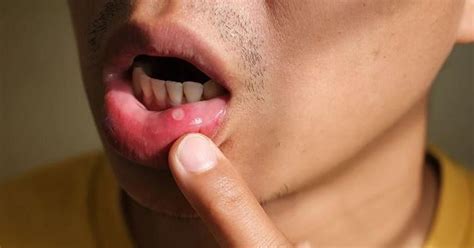
2. Herpes Symptoms and Appearance on Black Skin
Herpes simplex virus (HSV) symptoms on black skin can sometimes be less visible compared to lighter skin tones. Typically, herpes presents as painful blisters or sores that can occur on the mouth, genitals, or other areas. On darker skin, these blisters may appear as darker spots or patches, which can make them harder to distinguish from other skin conditions.
During an outbreak, the affected area might experience redness, swelling, and a rash, but these signs can be more subtle. The sores may not always have the typical red halo seen in lighter skin, making it essential to pay attention to other symptoms such as itching, burning, and discomfort.
Accurate identification is crucial for effective treatment and management. If sores or symptoms persist or are difficult to identify, it is advisable to consult a healthcare professional for a proper diagnosis and to discuss appropriate treat
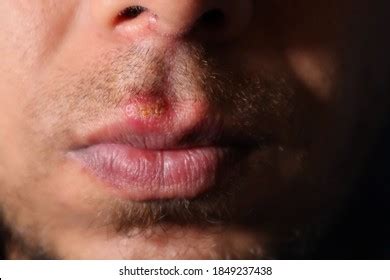
3. Diagnosis and Identifying Herpes on Darker Skin Tones
Diagnosing herpes simplex virus (HSV) on darker skin tones can be challenging due to the subtle appearance of symptoms. On black skin, herpes sores might not exhibit the typical red or pink hue seen on lighter skin, making them blend with the natural skin color. Instead, these sores may present as darker spots or patches, which can be mistaken for other dermatological conditions.
To accurately diagnose herpes on darker skin, healthcare providers use a combination of clinical examination and laboratory tests. Visual inspection by a dermatologist is often the first step, where they look for characteristic signs like blisters, ulcers, and sores in the affected areas. Since symptoms can be less distinct, laboratory tests such as polymerase chain reaction (PCR) or viral culture are crucial. These tests can detect HSV DNA or isolate the virus from a sample taken from a sore, providing a definitive diagnosis.
In some cases, a blood test may be used to detect HSV antibodies, indicating a past or current infection. Accurate diagnosis is essential for appropriate treatment and management,
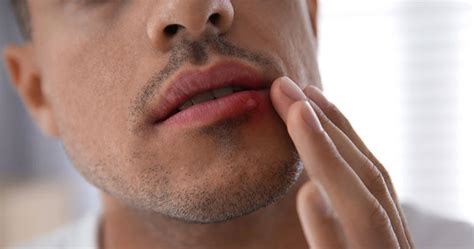
4. Effective Treatment Options for Herpes Breakouts
Effective treatment for herpes simplex virus (HSV) breakouts focuses on managing symptoms, reducing the duration of outbreaks, and minimizing the risk of transmission. Antiviral medications are the cornerstone of herpes treatment. Commonly prescribed drugs include acyclovir, valacyclovir, and famciclovir. These medications help to reduce the severity and frequency of outbreaks by inhibiting the virus’s ability to replicate.
For immediate relief from symptoms, topical antiviral creams can be applied directly to the sores. Over-the-counter pain relievers, such as ibuprofen or acetaminophen, can help alleviate discomfort and reduce inflammation. Keeping the affected area clean and dry, and using soothing lotions or ointments, can also provide symptom relief.
In addition to medication, adopting lifestyle changes can aid in managing herpes. Stress reduction, maintaining a healthy diet, and getting adequate rest can help strengthen the immune system and potentially reduce the frequency of outbreaks. Avoiding triggers like excessive sun exposure and irritants can also be beneficial.
It’s essential to follow the treatment plan prescribed by a healthcare provider and to consult them for any concerns or persistent symptoms. Regular follow-ups and adherence to treatment can significantly improve the management of herpes and enhance overall quality of life.
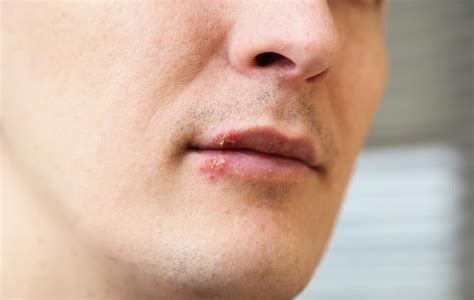
5. Preventive Measures and Reducing Recurrence
Preventing herpes simplex virus (HSV) outbreaks and reducing their recurrence involves a combination of lifestyle adjustments, medical strategies, and good hygiene practices. One of the most effective preventive measures is the consistent use of antiviral medications as prescribed by a healthcare provider. These medications can suppress the virus, reducing the likelihood of outbreaks and transmission to others.
Practicing good personal hygiene is crucial. Avoid touching sores and wash hands thoroughly after any contact with affected areas. Using separate towels, utensils, and personal items can help prevent the spread of the virus.
Managing stress is also a key factor in reducing recurrence. Stress can trigger outbreaks, so incorporating relaxation techniques such as meditation, exercise, or deep-breathing exercises into your routine can be beneficial.
Maintaining a healthy lifestyle supports overall immune function. Eating a balanced diet, staying hydrated, and getting adequate sleep can help your body combat the virus more effectively. Additionally, avoiding known triggers, such as excessive sun exposure or irritating skincare products, can minimize the risk of outbreaks.
Lastly, open communication with partners about HSV status and using barrier methods, like condoms, during sexual activity can reduce the risk of transmission. Regular check-ups with a healthcare provider for ongoing management and guidance are also essential in controlling the impact of herpes.
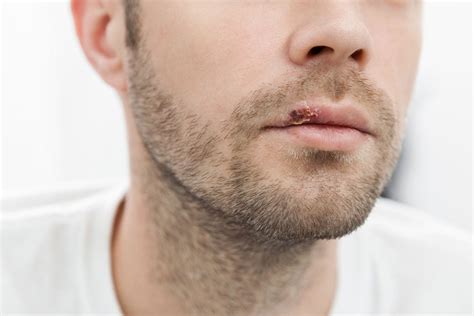
6. Managing Pain and Discomfort During an Outbreak
Managing pain and discomfort during a herpes simplex virus (HSV) outbreak involves several approaches to alleviate symptoms and improve quality of life. Over-the-counter pain relievers, such as ibuprofen or acetaminophen, can help reduce inflammation and relieve pain. Applying topical analgesics or numbing creams directly to the affected area can provide localized relief.
Maintaining good hygiene is crucial. Keeping the sores clean and dry prevents further irritation and reduces the risk of secondary infections. Using mild, non-irritating soaps and avoiding harsh or fragranced products can help minimize discomfort.
Applying cool, wet compresses to the affected area can soothe pain and reduce inflammation. For genital outbreaks, wearing loose, breathable clothing can prevent friction and irritation.
Hydration is important, as drinking plenty of fluids can support overall health and help manage symptoms. Additionally, avoiding irritants like spicy foods or alcohol, which can exacerbate discomfort, is advisable.
If pain is severe or persistent, consulting a healthcare provider for further management is essential. They may recommend stronger prescription medications or alternative treatments to better control symptoms and enhance comfort during an outbreak.
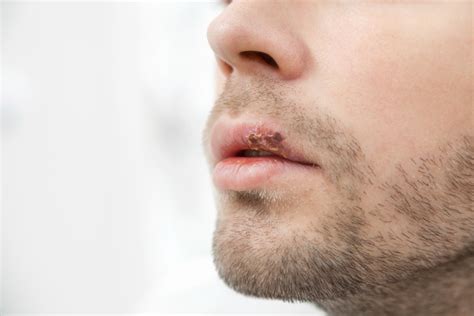
7. Impact of Herpes on Overall Skin Health
Herpes simplex virus (HSV) outbreaks can significantly impact overall skin health, particularly during active lesions. The virus can cause localized damage, including sores, blisters, and ulcers, which may lead to scarring if not properly managed. Recurrent outbreaks can exacerbate these issues, resulting in more pronounced skin changes over time.
In addition to visible symptoms, HSV can affect skin texture and pigmentation. On darker skin tones, herpes sores might lead to post-inflammatory hyperpigmentation or hypopigmentation, leaving dark or light spots after healing. This can affect the skin’s appearance and may require additional treatments to address pigmentation changes.
Frequent outbreaks can also disrupt the skin’s natural barrier, making it more susceptible to secondary infections and irritation. Maintaining good skin care practices is essential for managing these effects. Using gentle, hydrating products and avoiding harsh or irritating substances can help preserve skin health during and after outbreaks.
Overall, addressing HSV outbreaks effectively and following a comprehensive skincare regimen can minimize the impact on skin health a
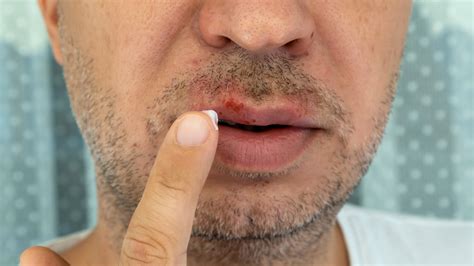
8. Importance of Dermatological Care and Regular Check-Ups
Regular dermatological care and check-ups are crucial for managing herpes simplex virus (HSV) infections and maintaining overall skin health. Consulting with a dermatologist ensures that HSV is accurately diagnosed and appropriately treated. Dermatologists can provide tailored treatment plans, including antiviral medications and topical treatments, to effectively manage outbreaks and reduce recurrence.
Routine check-ups allow for monitoring the progression of the infection and evaluating the effectiveness of the treatment regimen. Dermatologists can assess any skin changes or complications, such as scarring or pigmentation issues, and recommend additional therapies if necessary. Regular visits also offer an opportunity to discuss preventive measures and receive guidance on lifestyle adjustments that can help minimize outbreaks.
Moreover, dermatological care is essential for addressing any secondary infections or irritations that may arise from herpes sores. Dermatologists can advise on proper skincare practices to protect and heal affected areas, reducing the risk of further skin damage.
In summary, maintaining regular dermatological care helps ensure optimal management of herpes simplex infections, addresses any skin health concerns, and supports overall well-being. This proactive approach is key to effectively controlling the virus and preserving skin health.
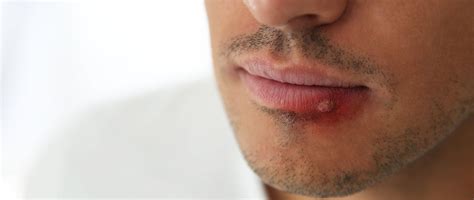
Understanding and managing herpes simplex virus (HSV) on darker skin tones requires careful attention to symptoms, diagnosis, and treatment. By implementing effective treatment strategies, preventive measures, and seeking regular dermatological care, individuals can manage outbreaks, reduce recurrence, and maintain overall skin health. Proactive steps ensure better control and improved quality of life.
dominure.com

